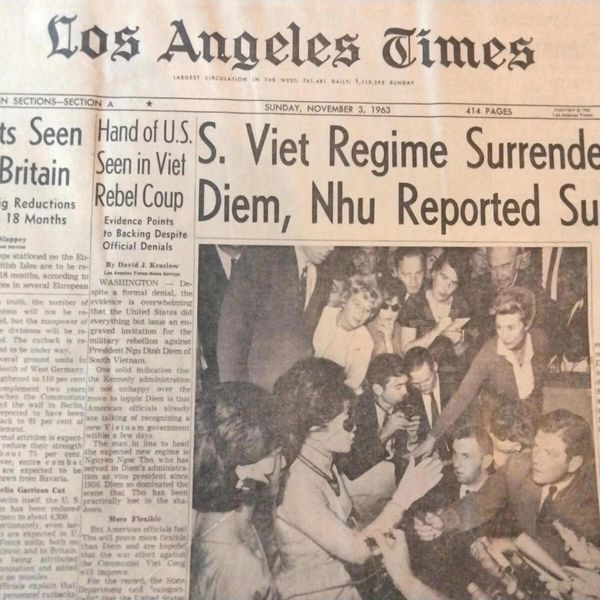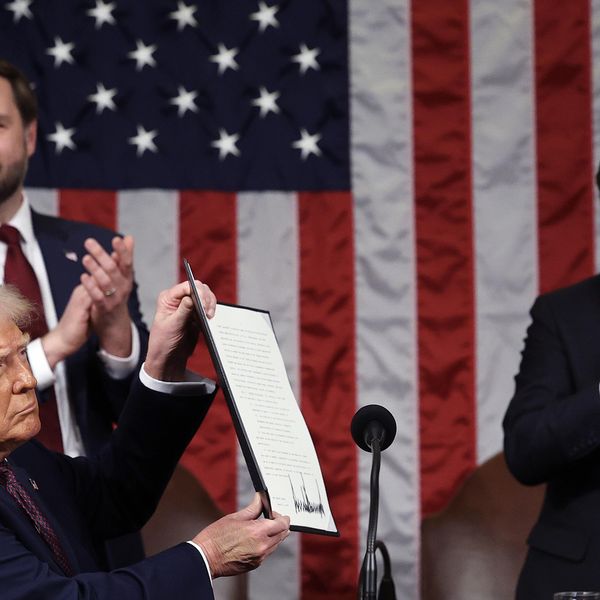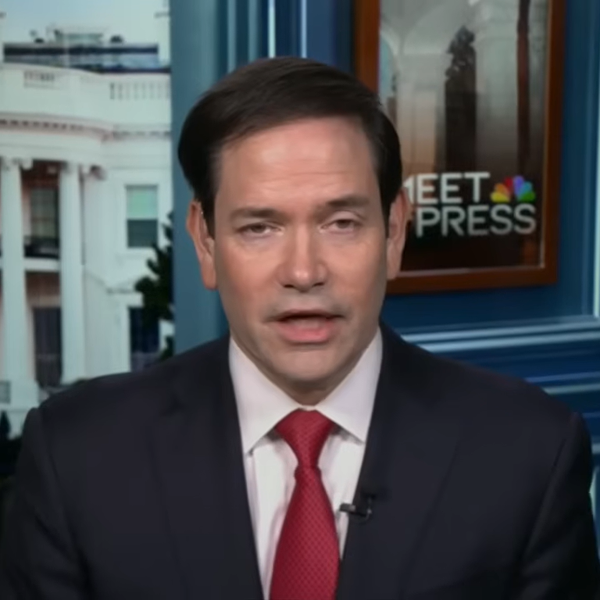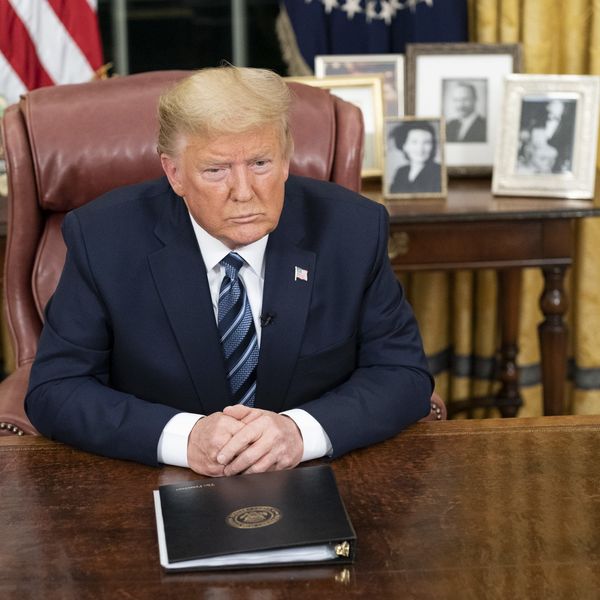Saudi Arabia’s recent decision to manipulate global energy markets was a politically motivated hostile act. The spike in oil prices will exacerbate inflation in the United States while aiding Russia in its invasion of Ukraine by protecting Moscow from the impact of sanctions.
Following the announcement that OPEC+ would drastically cut oil production, President Biden called for Washington’s relationship with Saudi Arabia to be “re-evaluated,” and members of Congress have proposed legislation that would, if enacted into law, effectively do so. However, only one legislative vehicle — the Yemen War Powers Resolution (WPR) — has a realistic path to success that would enable the transformational shift in the U.S.-Saudi relationship that this moment calls for.
The original War Powers Resolution of 1973 was passed into law as a step toward extricating the United States from Vietnam. The law was intended to provide a framework for Congress to check the executive’s use of military force without congressional consent. Under its procedural rules, bills invoking the WPR receive a special expedited status that requires Congress to take a full floor vote within 15 legislative days of their introduction.
Enacting the Yemen WPR would fundamentally shift the U.S.-Saudi relationship by ending U.S. support for Saudi aggression in Yemen. It would also demonstrate to Saudi Crown Prince Mohammed bin Salman that U.S. support is not unconditional: if he pursues policies contrary to U.S. interests, Washington will reconsider security guarantees and military support to Saudi Arabia.
The bill already enjoys significant support in Congress, including 118 members of the House and 12 Senators. It was introduced in both chambers over the summer by Senators Sanders (I-Vt.), Warren (D-Mass.), Leahy (D-Vt.) and Representatives DeFazio (D-Ore.), Schiff (D-Calif.), Mace (R-S.C.), and Jayapal (D-Wash.). It is merely waiting to be brought to the floor.
Amid the anger at the OPEC+ decision, members have proposed various other responses. Sen. Menendez (D-N.J.), for example, recently declared that, “As chairman of the Senate Foreign Relations Committee, I will not greenlight any cooperation with Riyadh until the kingdom reassesses its position with respect to the war in Ukraine.”
Reps. Malinowski (D-N.J.), Casten (D-Ill.) and Wild (D-Pa.) went even further, calling for a complete withdrawal of missile defense systems and U.S. troops from both Saudi Arabia and the United Arab Emirates, while Rep. Khanna (D-Calif.) and Sen. Blumenthal (D-Conn.) introduced a new bill to place a one-year ban on the transfer of weapons, spare parts, and logistical support to Saudi Arabia’s military.
We applaud the many legislative vehicles that have been introduced in response to the OPEC+ decision and see different uses for each. A variety of tactics are necessary at the moment, and the above bills show a real determination on lawmakers’ part to rethink the U.S. relationship with Saudi Arabia and to get meaningful changes enacted before the 117th Congress expires in January.
While many of these are important messaging tools and deserve robust support, however, there are several political and structural reasons for why it’s very unlikely that any of these vehicles will be enacted.
The Yemen WPR only needs a simple majority in the House and Senate to pass, while other proposed legislation would require 60 votes in the Senate to defeat a filibuster. Thanks to the expedited procedures under the 1973 Act, it can also be brought to the floor immediately after Congress comes back into session in November and, if passed, could go directly to the president’s desk (whether he would sign it is in question. President Trump vetoed a similar bill with popular support in 2019). Other bills would face procedural hurdles and delays in the committee process and even on the floor if they got that far.
With the clock winding down, it’s critical that the legislation brought to the floor has the support and momentum needed to pass. In addition to roughly 130 bipartisan sponsors in the House and Senate, the Yemen WPR has the support of over 100 national humanitarian and advocacy organizations. It also has a track record of success, having been passed already in both chambers in 2019 with bipartisan support, only to be vetoed by former President Trump. Similar language also passed the House in the past three versions of the National Defense Authorization Act, only to be stripped of the bill during House-Senate conference negotiations.
At the start of his administration, President Biden pledged to halt U.S. support for Saudi-led “offensive” operations in Yemen. Unfortunately, critical aspects of U.S. military participation continue: the United States continues to provide maintenance, logistics support, and spare parts that enable the Saudi Air Force to continue bombing Yemen.
Days before the disastrous OPEC+ decision, the UN-brokered Yemen truce expired, greatly increasing the risk of violent escalation by the warring parties. One of the key reasons for the collapse in negotiations to extend the ceasefire was the continuation of the Saudi-led aerial and naval blockade that has limited travel and prevented the free flow of food, fuel, and medical supplies from entering Houthi-controlled territory. The blockade has driven food prices beyond the purchasing power of most Yemenis and has hampered access to clean drinking water, humanitarian aid, and life-saving medical support. Although the blockade was loosened during the truce, 2.2 million children remain hungry. Now that the truce has expired, many more will risk starvation.
We firmly believe that the Yemen War Powers Resolution remains the most effective and strategic legislative vehicle to bring to the floor for a vote. It has a path to gain the broad bipartisan support needed to pass both chambers and be enacted into law.
By making clear that the United States won’t provide the military assistance needed for Saudi airstrikes to resume, Congress can maintain the pressure on Yemen’s warring parties to negotiate an end to this catastrophic war while also sending a clear message to the Saudi monarchy that there will be consequences for its oil price manipulation, not to mention its aggressive behavior and notorious human rights record. Saudi Arabia’s path back from pariah status must start with lifting its brutal blockade and ending its disastrous war in Yemen.
















